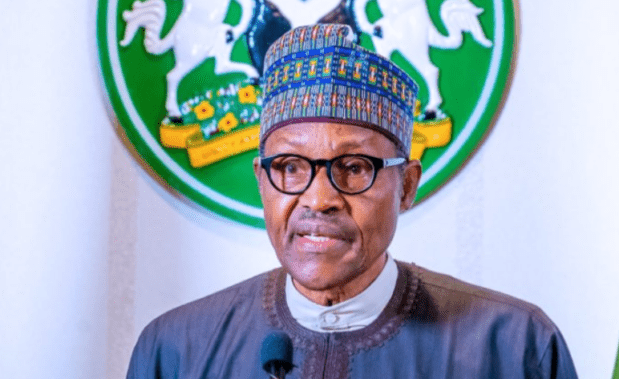Son of former president jailed for 5 years

The son of Angola’s former president has been jailed for five years for fraud from when he was head of the oil-rich country’s Sovereign Wealth Fund.
José Filomeno dos Santos, 42, was accused of trying to embezzle up to $1.5bn (£1.1bn) while overseeing the $5bn fund from 2013 to 2018.
He was charged with stealing $500m from the fund and transferring it to a bank account in Switzerland.
Dos Santos’ father, José Eduardo dos Santos, led the country for 38 years.
José Eduardo dos Santos was president from 1979 until he resigned in 2017, to be replaced by the man he had handpicked for the job, his former defence minister Joao Lourenço.
José Filomeno dos Santos, also known as Zenu, spent seven months in jail over the corruption allegations before being freed in March.
He was the first member of the former presidential family to be prosecuted as part of an anti-corruption campaign led by President Lourenço.
It was widely seen as a test of Angola’s commitment to fighting corruption.
Sentencing Dos Santos at the country’s Supreme Court, Justice Joao da Cruz Pitra said: “For the crime of fraud… and for the crime of peddling influence… the legal cumulus condemns him to a single sentence of five years in prison.”
Three co-defendants were also accused of fraud, embezzlement and influence peddling – including the former governor of the national bank of Angola (BNA) Valter Filipe da Silva.
They were each sentenced to between four and six years in prison.
All four defendants were acquitted of money laundering charges. They previously denied any wrongdoing.
This is, undoubtedly, a significant moment for Angola.
It’s important to remember that, for decades, there was no public fight against corruption in a country ruled by a “royal family”, and scores were always settled behind closed doors. In that sense, the very public conviction of such a prominent figure marks a dramatic shift from the years of elite impunity that characterised Angola’s political economy.
But across Angola, the conviction of “Zenu” is likely to be greeted with some ambivalence in a nation grappling with deep economic challenges, and where many are starting to wonder if the new president’s clean-up campaign is really more about settling scores with old rivals – a narrow vendetta – rather than heralding the beginning of an era of true transparency.
“It’s a step forward. But the jury is still out on what it really means,” said Ricardo Soares di Oliviera, an Oxford professor and expert on African politics. He observed that the authorities were prosecuting “obvious suspects and low-hanging fruit” linked to the Dos Santos family, but have yet to move more broadly against entrenched corruption.
And here is the real risk for Angola, as prosecutors continues to pursue the far higher-profile target of Isabel dos Santos: that an anti-corruption drive that was initially hailed as a game-changing move for one of the continent’s “sleeping giants”, turns into a mere weapon in an arsenal of political dirty tricks.
President Lourenço fired another of his predecessor’s children, Isabel dos Santos, believed to be Africa’s richest woman, from her position as head of the state oil giant Sonango in November 2017 over alleged embezzlement.
Ms Dos Santos denies any wrongdoing. She now lives abroad after saying that her life had been threatened.
The former president is also believed to have left the country.





